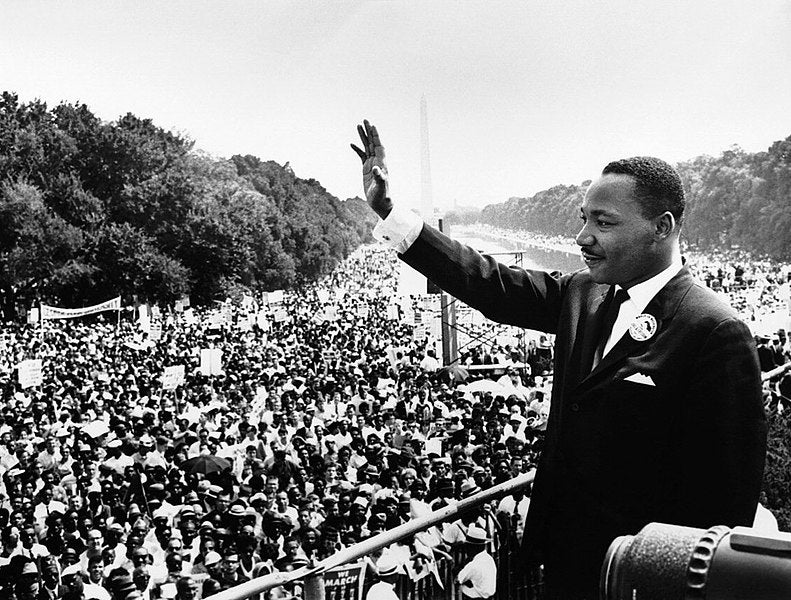Systemic racism in America has pervaded many aspects of the lives of people of color for generations. Most recently, the cruel impacts of Covid-19 and the murders of multiple black people at the hands of police, have laid bare these inequities, which cut across criminal justice, healthcare, housing, employment, and education. Harvard historian Khalil Muhammad joins Rashad Robinson of Color of Change for a conversation with the Skillman Foundation’s Tonya Allen about the long history that led us to this moment and the rules (both written and unwritten) that have shaped these systems and cultures—-and ask: what does it look like to rewrite those rules?
Rashad Robinson is President of Color Of Change, a leading racial justice organization with more than 1.7 million members. Rashad designs winning strategies to build power for Black communities: moving prosecutors to reduce mass incarceration and police violence; forcing over 100 corporations to abandon the right-wing policy shop, ALEC; forcing corporations to stop supporting Trump initiatives and white nationalists; winning net neutrality as a civil rights issue; changing representations of race in Hollywood; moving Airbnb, Google and Facebook to implement anti-racist initiatives; forcing Bill O’Reilly off the air. Rashad appears regularly in major news media and as a keynote speaker nationally. He was among the first in a global cohort of Atlantic Fellows for Racial Equity, and writes a monthly column about race, politics and corporate accountability for The Guardian.
Khalil Gibran Muhammad is professor of History, Race and Public Policy at Harvard Kennedy School and the Suzanne Young Murray Professor at the Radcliffe Institute for Advanced Studies. He is the former Director of the Schomburg Center for Research in Black Culture, a division of the New York Public Library and the world’s leading library and archive of global black history. Before leading the Schomburg Center, Khalil was an Associate Professor at Indiana University. Khalil’s scholarship examines the broad intersections of race, democracy, inequality and criminal justice in modern U.S. history. Much of his work has been featured in national print and broadcast media outlets, including the New York Times, New Yorker, Washington Post, The Nation, National Public Radio, Moyers and Company, and MSNBC.
Tonya Allen is the president & CEO of The Skillman Foundation. Her two-decade-long career has centered on pursuing, executing and investing in ideas that improve her hometown of Detroit and increase opportunities for its people, particularly its children, who live in under-resourced communities. Allen has been instrumental in many successful philanthropic, government and community initiatives, including: the 11-year, $120-million Good Neighborhoods Initiative; co-chairing the Coalition for the Future of Detroit Schoolchildren and Launch Michigan; and serving as a leader in the boys and men of color field. Allen holds a bachelor’s degree in sociology and master’s degrees in social work and public health from the University of Michigan-Ann Arbor. She serves on numerous boards including Oakland University, Council on Foundations, Council of Michigan Foundations, United Way for Southeastern Michigan, and Campaign for Black Male Achievement.

